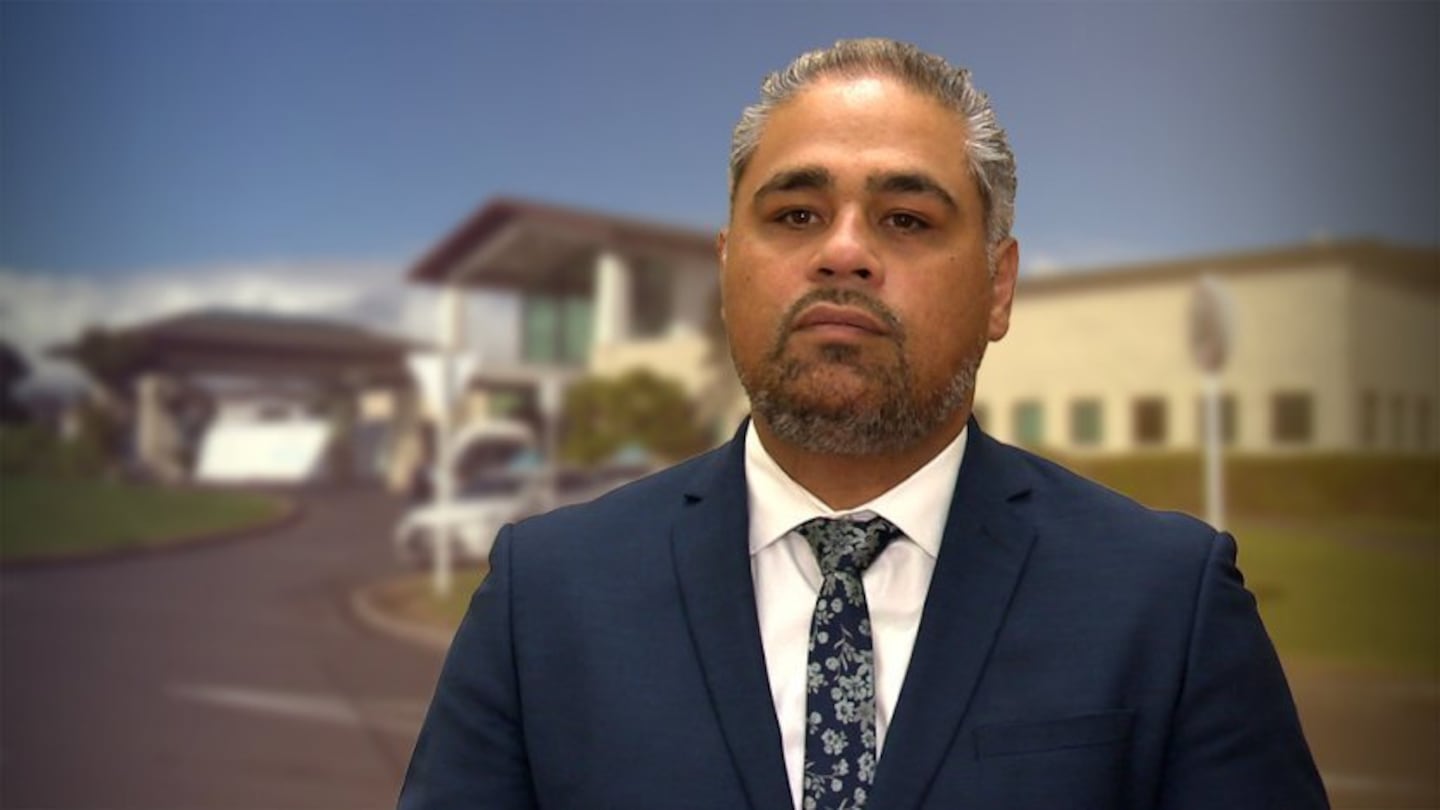The government has defended itself against claims the Māori Covid-19 vaccination rollout has been a failure.
On Thursday, the Prime Minster and Associate Minister for Health Peeni Henare announced a $23 million shot in the arm for Whānau Ora healthcare providers to assist in the vaccine rollout.
The money comes in addition to $39 million set aside in March for the Māori vaccination rollout.
Speaking on Te Ao Tapatahi, Henare rejected the idea the additional funding was a boost for a failing programme which has seen Māori vaccination rates in some regions half that of the general population.
“Oh, heck no. It's no acknowledgement of that. This is an acknowledgement of the good work that Whānau Ora are doing and have done since the first lockdown and continue to do today. The Delta variant of course has meant that support does look different from the first time and we acknowledge that by offering money and resources to support that work,” Henare said.
Māori health leaders such as Dr Rawiri Jansen of Te Rōpū Whakakaupapa Urutā, the National Māori Pandemic Group, have labelled the government’s Māori vaccination rollout a failure. Jansen quit the government's expert immunisation advisory group in April over concerns his voice was not being heard.
Responding to the latest Māori vaccine numbers, which showed almost one in seven non-Māori have received a jab, but just one in eleven Māori had received one, Jansen said the data was no surprise.
"We've constructed a booking system which works really well if you've got a laptop computer and fibre connection, or broadband connection at home," he said.
"It works pretty good actually if you've got a nice big smartphone with a data plan. And it works really well when all these messages coming at us about when to get vaccinated and who's eligible, and all of that complexity makes sense to you and the messages resonate.
"It probably works really well if you're one of the workers who's able to work from home, so you're not an essential worker in grocery, stacking shelves. But your job has you at home so you can use that laptop and that data plan, and you can navigate the booking system and make a booking.
"You might even have a car with a warrant and gas in the tank, and you can actually drive to a centre. So you can look for a booking that's available and on the day you're good to go and get it done. Now, if you don't have those things, it's hard," Jansen told RNZ on Friday.
Henare conceded the government is struggling with what he has branded 'stubbornly low' Māori vaccination rates, particularly for rural areas. He says services like the toll free 0800 28 29 26 Covid-19 vaccination Healthline have been established for those with limited internet access, unable to make bookings on the Book My Vaccine website.
Henare rejected criticism the new funding had left out rural areas, with the majority of Whānau Ora provisioning focused on Tāmaki and the likes of John Tamihere’s Waipareira Trust.
“This is often the confusion, there are a number of Māori health providers like Manurewa Marae, like Ngāti Hine Health Trust who are both Whānau Ora providers and Māori health providers. Earlier this year, we announced $40 million to support the vaccine rollout. And now, of course, the $23 million to continue to support Whānau Ora. So those operators who do both, that's fantastic. The second tranche is towards where the immediate need is, and it's clear to us all that it's Tāmaki Makaurau, still, as the rest of the country enjoys the less limiting restrictions of alert level three,” Henare said.
Henare acknowledged Māori Health providers have been outperforming in their vaccine delivery by not turning anyone away, therefore supporting non-Māori. Henare says the new round of funding will be specifically for Māori.
“This money is specifically for Māori. And there are three agencies, and one of those agencies is a Pacific peoples agency, so Māori and Pacifika will benefit directly from this money. I know one Māori health provider who's been delivering the vaccine since May. And in the first three months, only 20 percent of their business despite being a Māori health provider were for Māori. So, you know, there's a challenge there. So this money is ring-fenced and targeted for Māori,” he said.

